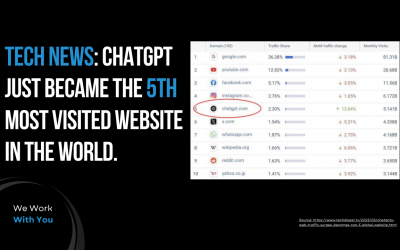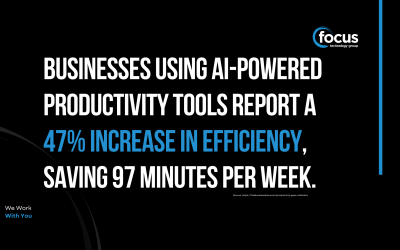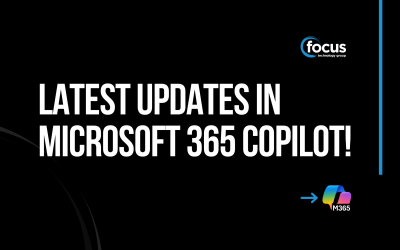Google celebrates its 25th anniversary, but can it endure the era of artificial intelligence?

Google’s reach now extends far beyond its original Search function, encompassing Gmail, Google Drive, Google Calendar, Pixel devices, and more, highlighting its wide-ranging impact.
With the ascent of AI tools like Google’s Bard and the recent introduction of Gemini (a direct ChatGPT competitor), Google stands poised to reshape the search landscape.
As Google integrates generative AI into Search, expect concise information summaries at the top of search results to become the standard, minimizing the need for extensive manual data retrieval. However, a vital challenge lies in preventing overreliance on generated content and encouraging a healthy dose of skepticism.
Last 4th of September signifies a moment in internet history: Google’s 25th anniversary. In a world where billions of daily search queries have become the norm, it’s challenging to recall a time when this search engine wasn’t an integral part of our lives.
What unique qualities set Google apart, enabling it to revolutionize how we access information? Moreover, with the rapid advancements in artificial intelligence (AI), will Google face obsolescence or, conversely, will AI bolster its capabilities?

The Emergence of Google
After the World Wide Web’s debut in 1993, websites multiplied rapidly. Libraries expanded their services, offering public web access, while initiatives like Vicnet from the State Library of Victoria provided affordable access for organizations. Librarians took on the role of instructors, guiding users in online information retrieval and website creation. However, complex search systems struggled to cope with the surging content volume and increasing users.
In 1994, “Managing Gigabytes,” written by three New Zealand computer scientists, proposed solutions to this challenge. Since the 1950s, researchers had envisioned a swift, universally accessible search engine that could sort documents by relevance.
In the 1990s, a Silicon Valley startup began translating this knowledge into reality. Larry Page and Sergey Brin utilized “Managing Gigabytes” principles to design Google’s iconic architecture.
Launched on September 4, 1998, Google captivated users with its simple search box and innovative result presentation, summarizing how pages matched search queries.
Google Search excelled for several reasons. It introduced PageRank, ranking results based on web links within pages. Furthermore, its algorithm exhibited sophistication, considering not only page content but also text linking to that page (anchor text analysis).
Google’s rapid rise overshadowed competitors like AltaVista and Yahoo Search. Today, it commands over 85 percent of the search engine market.
What’s on the Horizon for the Next 25 Years?

Google’s impact now extends well beyond its initial Search function, encompassing Gmail, Google Drive, Google Calendar, Pixel devices, and a myriad of other services, showcasing the breadth of Google’s influence. Google is positioned to revolutionize the search landscape once more.
As Google continues to incorporate generative AI capabilities into Search, the importance of fact-checking against original sources will remain as vital as ever. Generative AI tools like ChatGPT have garnered attention and spreading misinformation, underscoring the need for vigilant verification.
Full article from NZ Herald: Google turns 25: The search engine revolutionised how we access information, but will it survive AI? – NZ Herald






